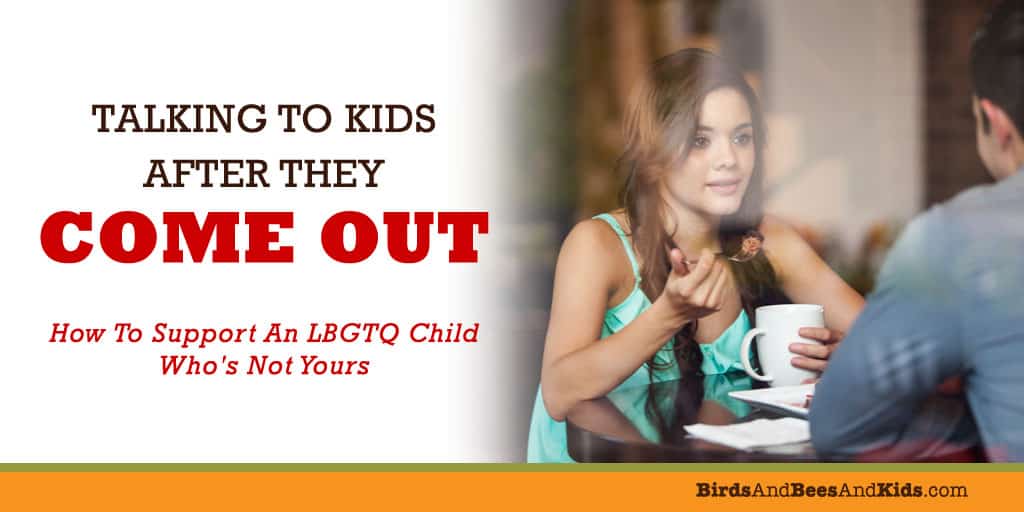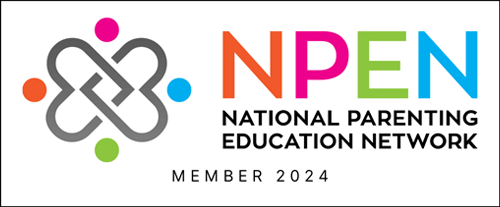By Jen O’Ryan, Ph.D.
Holidays can be a stressful time. Getting together with family will sometimes surface old hurts or disagreements; political, religious, or otherwise. This can be especially true for LGBTQ youth or young adults in a family environment that is not supportive. Family gatherings can act as a catalyst for people to vocalize their disapproval of the youth’s sexual orientation or gender identity / expression. Even those who believe they are well-meaning can try to draw other adults into this damaging exchange, using the gathering as an opportunity to shame a child into altering this extremely personal aspect of their identity.
Be the support an LGBTQ youth needs and deserves
One theme that continues to emerge in my conversations around healthy development for LGBTQ youth is the concept of “the one”. During my research, in almost every case there was a supportive adult somewhere in the individual’s environment. Even when the families rejected their own child because of sexual orientation, there was another older person in the person’s life with whom they felt supported and accepted. Sometimes having even one, just one, safe person available to the child changed everything for them later in life.
Easy steps to becoming great support for an LGBTQ child or young adult
Here are eight easy steps to becoming that “one” for an LGBTQ child or young adult in your life this holiday season.
- Don’t ask the child if they are lesbian, gay, bisexual, or transgender. This simply isn’t done. Non-negotiable. They may not feel comfortable confiding in you or coming out (disclosing their orientation or gender). Also, do not say “I knew it!” if a child comes out to you. Be cool, take a breath, acknowledge the courage it often takes to come out, and ask what they need. It’s all about them.
- Do use the child’s preferred name and pronouns. Family members who refuse to use the child’s personal pronouns or continually refer to them using a birth name may not realize the extent of long-term harm they are inflicting. If you forget (and you will) apologize and acknowledge to them that you’re still learning. This is also a good time to ask the child if they are “out” in some areas of life, but not others. For example, it’s not uncommon for a child or young adult to openly express their gender identity in school, but not at home, if the family is unsupportive.
- Do ask what the child needs or would like your help with. Too often well-intended advocates take action that the child isn’t ready to manage. Remember, it’s all about them. Your role as a supportive adult is to listen and provide help…even if that means simply giving them a hug or finding appropriate resources for them.
- Do hold what is shared in confidence. Unless the child mentions serious, life-endangering issues (self-harm, suicidal thoughts, abuse, etc.), do not disclose to anyone without their enthusiastic consent.
- Don’t take the bait. When someone attempts to draw you into a heated debate, calmly state your position (that is also backed by extensive research). Model positive behavior. Trust me, someone is watching.
- Don’t create or contribute to a hostile environment. Engaging in an emotionally charged, heated debate might make you feel better, but will likely put the child at risk of harm after everyone has gone home.
- Don’t make something up if you have no idea of the answer (this is also a “Do” – see step 8).
- Do your homework. If you aren’t familiar with a term or are asked a question and are not equipped to answer, that’s ok. They aren’t coming to you because you’re an expert on sex and gender, they’re coming to you because you are safe. Look it up, educate yourself, and circle back with them.
- This is a bonus step – do keep the lines of communication open. Talk about how they can reach you, continue to treat them as you did before, and keep up the good work!
Dr. Jen O’Ryan is Co-Chair of GLSEN (Gay, Lesbian, and Straight Education Network) in Washington State, and also manages a user experience testing program for Kindle devices at Amazon. Prior to this, she was an active member of the Community Advisory Board for MPowerment, a youth-lead peer outreach group under Lifelong AIDS Alliance. Jen has been a longtime advocate for LGBTQ youth and brings an extensive background on factors contributing to healthy development during childhood and adolescence.




